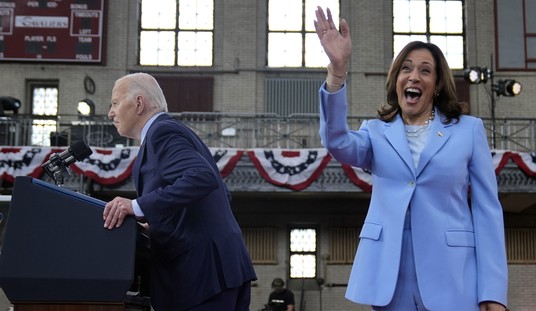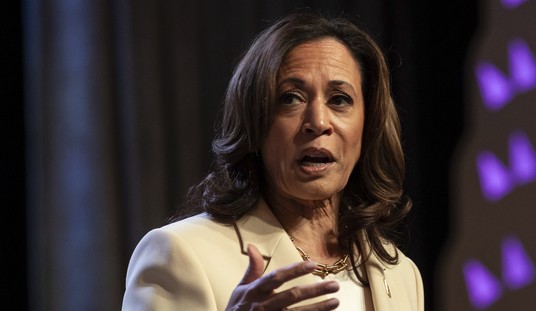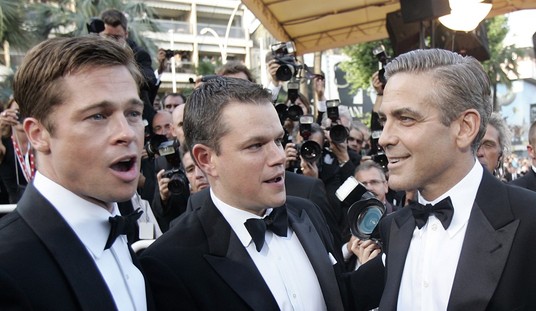Sorry for the lack of posts since Thursday, but dead tree deadlines, and recording and editing BWIR (don’t miss this week’s show–the gang, especially Tammy Bruce, we’re really on) sort of swamped me.
Regarding the Israel-Hezbollah War, Pajamas, as you probably know by now, has been doing an incredible non-stop job rounding up links, including this one:
08:30 PDT Newt Gingrich says America is in World War III and President Bush should say so.
I’ve seen a few people recently calling this World War III. I agree with Norman Podhoretz, though: this isn’t World War III, it’s World War IV. But that’s semantics; the main point is that many people are beginning to understand just how intertwined all the facets of the GWOT are.
Update: Jonah Goldberg also makes the case for Podhoretz’s WWIV analogy:
I thought Newt Gingrich did a very good job making the case that we’re at the dawn of World War Three on Meet the Press today. My only caveat is that I think those who argue this is World War Four (Norman Podhoretz, James Woolsey et al) have a better argument. According to this view, the Cold War was WWIII. I like this formulation because A) it recognizes what a monumental effort the Cold War really was and B) it provides for more creative thinking about the predicament we’re in now.
When you say “World War Three” the average person conjures the image of World War II. But the Cold War is the more relevant episode. The Cold War certainly involved bloodshed (Korea, Vietnam, etc) but it also involved aggressive efforts across a wide variety of fronts including public diplomacy, intelligence, propaganda (the good kind) etc. We understood that we were in a battle of ideas and values as much as a battle of blood and territory. Indeed, the stakes during the Cold War were arguably higher than those of the second World War because nuclear annihilation was in the cards. That, it seems to me, is a better prism through which we should see the current predicament. Domino theory and public diplomacy had fairly minor roles in World War II. But such considerations are central to our understanding of today’s challenges. Of course, tthe Cold War analogy fails in some important respects as it was mostly a contest between states. But all analogies fail in important respects, that’s why they’re analogies.
Meanwhile, the advantage of calling all this World War Three is that it’s easier to understand and takes less explanation. Most people don’t think of the Cold War as a war so much as an effort to avoid one. But I think it’s worth educating the public on why this wasn’t the case.
IndeedTM.









Join the conversation as a VIP Member